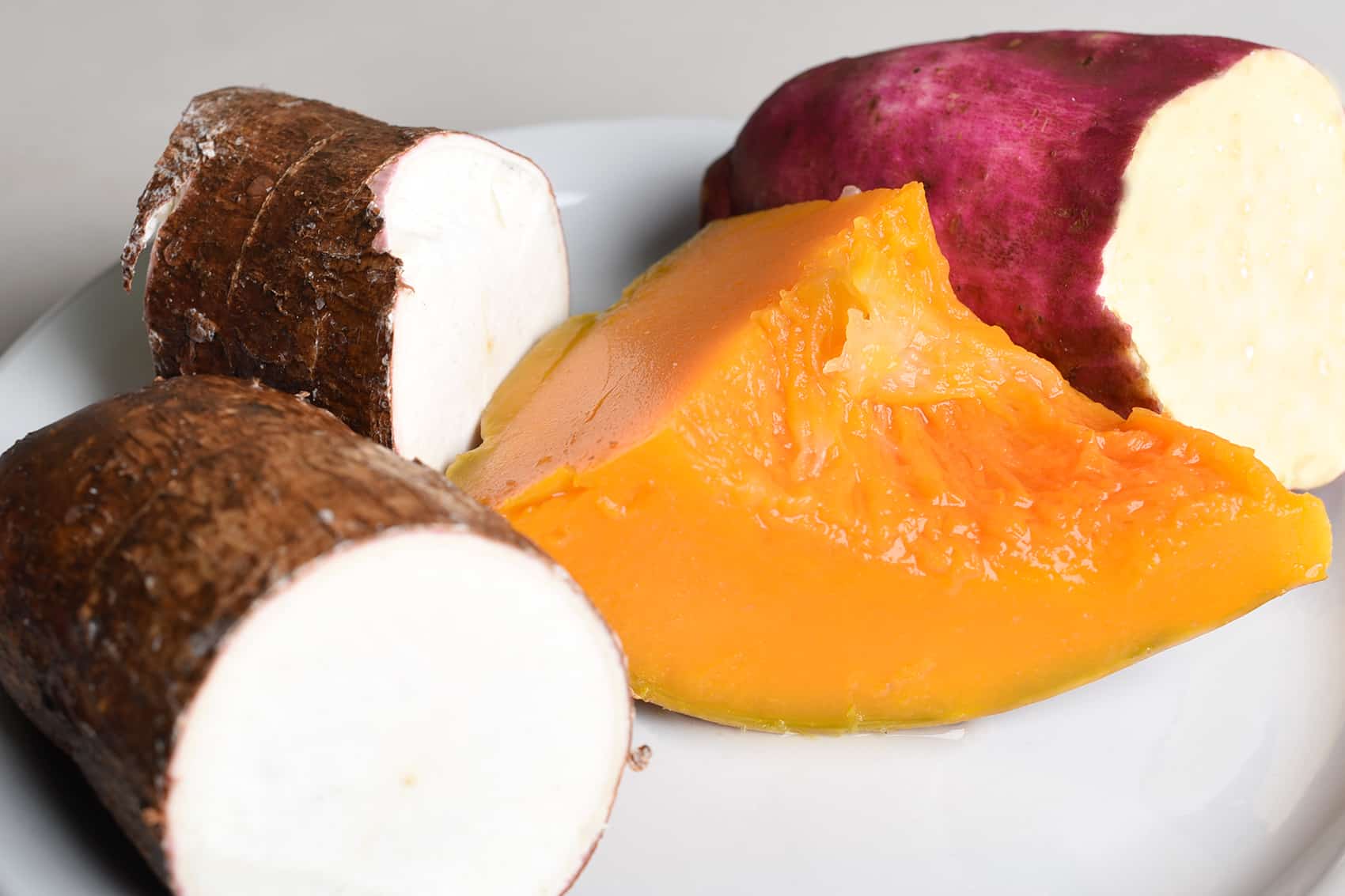If there were one word to describe tropical squashes, that word would be abundance. If you would like to have an abundance of food from the garden, then I suggest you grow these giants.
Known as Ayote in Spanish, Curcubita Maxima, is the native pumpkin squash of the tropical Americas. Grown by the indigenous tribes for ages before the Europeans arrived, these hardy plants are still one of the most important staple crops of the area.
Ayotes also provide an abundance of nutrition at each meal and each one-half cup of cooked squash contains up to:
- 4000 units of vitamin A
- .04 milligrams of vitamin B1
- .05 milligrams of B2
- 3 milligrams of vitamin C
- 18 milligrams of calcium
- 15 milligrams of phosphorus
- 3 milligrams of iron
These hardy native plants are also resistant to insect attacks and plant diseases, which makes them easy to grow in the home garden.
Many gardeners, including myself, have had poor luck with growing zucchinis, yellow crookneck and other northern varieties of squash here in the tropics.
These varieties are genetically adapted to northern conditions, which seem to make them vulnerable to tropical insects and diseases. We also discovered that the young succulent native tropical squashes taste just as good as the northern varieties.
Here are some tips on growing your own Ayotes at home:
First, start with good soil fertility when planting Ayotes. We usually start by preparing a hole about 1 meter in diameter and 30-40 cm deep.
In this hole we apply one wheelbarrow load of rich, aged compost that is fortified with two shovels full of ashes.
Next, we plant 3 Ayote seeds in the center about 5 cm deep and 30 cm apart.
Areas where brush and leaves have been burned are ideal spots for planting Ayotes. Keep the young plants free of weeds, and when the Ayote plants begin to cover the area, begin to prune the leading tips of the vines.
By the way, locals taught us to use these tender tendrils for a spinach-like vegetable dish known as “quelites deayote.”
Pruning your Ayote plant helps to keep it compact, and in fact, stimulates flowering and the production of squashes. When the plant begins to produce its pretty, brilliant, yellow flowers, keep a close eye on the production of the tender young squashes.
Begin to harvest the young squashes when they reach the size of about a cantaloupe.
At this stage, they are as delicious as zucchinis. Leave others develop to their full size for seed production and use them as mature squashes.
You will find that an Ayote plant can produce for several months, providing an abundance of delicious meals for the family.
3 Recipes for Preparing Native Tropical Squashes.
1. Quelites de Ayote
- Sautee one diced onion with two tablespoons of olive oil in a frying pan.
- Add a large handful of diced Ayote tips.
- Add oregano and thyme, cook briefly and serve.
2. Squash Stir-Fry with Heart of Palm
- Sautee one diced onion with two tablespoons of olive oil in a frying pan.
- Add one cup of diced tender squash and one cup of sliced pejibaye heart of palm.
- Add oregano, cumin and thyme
- Stir fry the mix until the vegetables are tender but crisp.
3. Vegetable Squash Pie
Prepare a piecrust as you would for any pie.
- Pre-bake for several minutes in the oven until the piecrust is brown.
- Meanwhile, cook two cups of diced mature squash until it is soft, then puree.
- Sautee a selection of vegetables, like onions, carrots, broccoli and celery with oregano, cumin and thyme.
- Add the squash puree to the vegetables and pour into the pie mold.
- Bake for 15 minutes at 300° F.
- Serve while the pie is still warm as a main dish.
You can obtain seeds for planting by shopping in your local market. Ask for varieties that have soft edible skins






